 W
WArgentina is subdivided into twenty-three provinces, each ruled by a governor. The country is organized under a federal system, so each province has its own constitution, and the powers and regulations of each governor vary.
 W
WIn Brazil, the governors are the chief executives of the states of Brazil.
 W
WThis is a list of current provincial governors in Burundi.
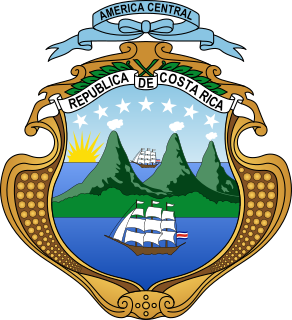 W
WThis is a list of mayors in Costa Rica.
 W
WThe Governors are the Executive authorities of each Dominican Province.
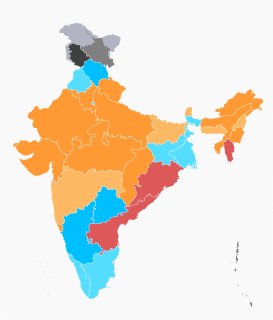 W
WIn the Republic of India, a chief minister is the head of government of each of the twenty-eight states and three of the eight union territories. According to the Constitution of India, at the state-level, the governor is de jure head, but de facto executive authority rests with the chief minister. Following elections to the state legislative assembly, the governor usually invites the party with a majority of seats to form the state government. The governor appoints the chief minister, whose council of ministers are collectively responsible to the assembly. Given they have the assembly's confidence, the chief minister's term is usually for a maximum of five years; there are no limits to the number of terms they can serve.
 W
WThe following is a list of current governors of the Indonesian provinces.
 W
WThe United Mexican States, commonly known as Mexico, is a federation comprising thirty-two States. The Head of Government of Mexico City is not considered a governorship, but the position is included on this list of governors for the sake of completeness. Article 109 of the current Federal Constitution states that for their internal government, the States shall adopt the popular, representative, republican form of government, with the free Municipality as the basis of their territorial division and political and administrative organization. The election of governors of the States and the local legislatures shall be direct and in the manner prescribed by their respective electoral laws.
 W
WThe following table presents a list of Nigeria's state governors. Governors are elected for a term of four years. A minister appointed by the president oversees affairs in the Federal Capital Territory.
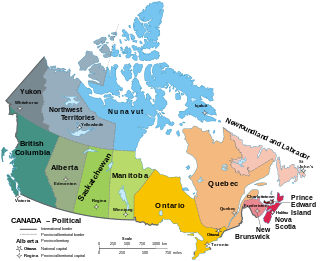 W
WThe provinces and territories of Canada are sub-national divisions within the geographical areas of Canada under the jurisdiction of the Canadian Constitution. In the 1867 Canadian Confederation, three provinces of British North America—New Brunswick, Nova Scotia, and the Province of Canada —were united to form a federated colony, becoming a sovereign nation in the next century. Over its history, Canada's international borders have changed several times, and the country has grown from the original four provinces to the current ten provinces and three territories. Together, the provinces and territories make up the world's second-largest country by total area.
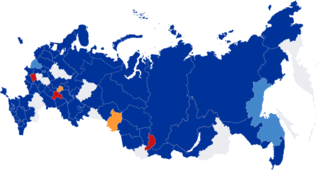 W
WThe following is a list of heads of the federal subjects of the Russian Federation.
 W
WThe following is a list of governors and chief administrators of the states and administrative areas of South Sudan.
 W
WThis is a list of incumbent presidents of the autonomous communities of Spain. The presidents head the regional government of the autonomous communities and are elected by the regional legislatures.
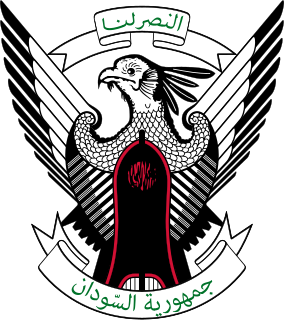 W
WThe following table presents a listing of Sudan's state governors.
 W
WIn the United Kingdom, various titles are used for the head of government of each of the countries of the United Kingdom, Crown dependencies, and Overseas Territories. Following elections to the assembly or parliament, the party with a majority of seats is invited to form a government. The Monarch or governor / lieutenant governor appoints the head of government, whose council of ministers are collectively responsible to the assembly.
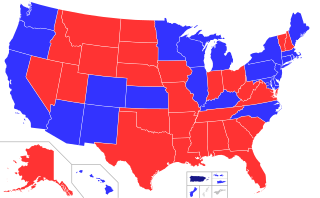 W
WThe following is a list of current governors of U.S. states and territories.
 W
WThe lieutenant governor is the second-highest-ranking government official in 45 of the 50 U.S. States and four territories. In those states and territories, it is the first in the line of succession in case of a vacancy in the office of governor, while in the remaining states and territories another office holds that status. Currently, 26 states elect a lieutenant governor on a ticket with the governor, while 17 states elect a lieutenant governor separately. In West Virginia, the President of the Senate, as elected by the State Senators, serves as the state's lieutenant governor. In Tennessee, the State Senators elect a Speaker of the Senate, who in turn serves as lieutenant governor. Five states do not have a lieutenant governor. In the 50 states, District of Columbia, and 5 territories, there are currently 28 Democrats, 26 Republicans and two members of third parties, one with Vermont Progressive Party and one with Puerto Rico New Progressive Party.